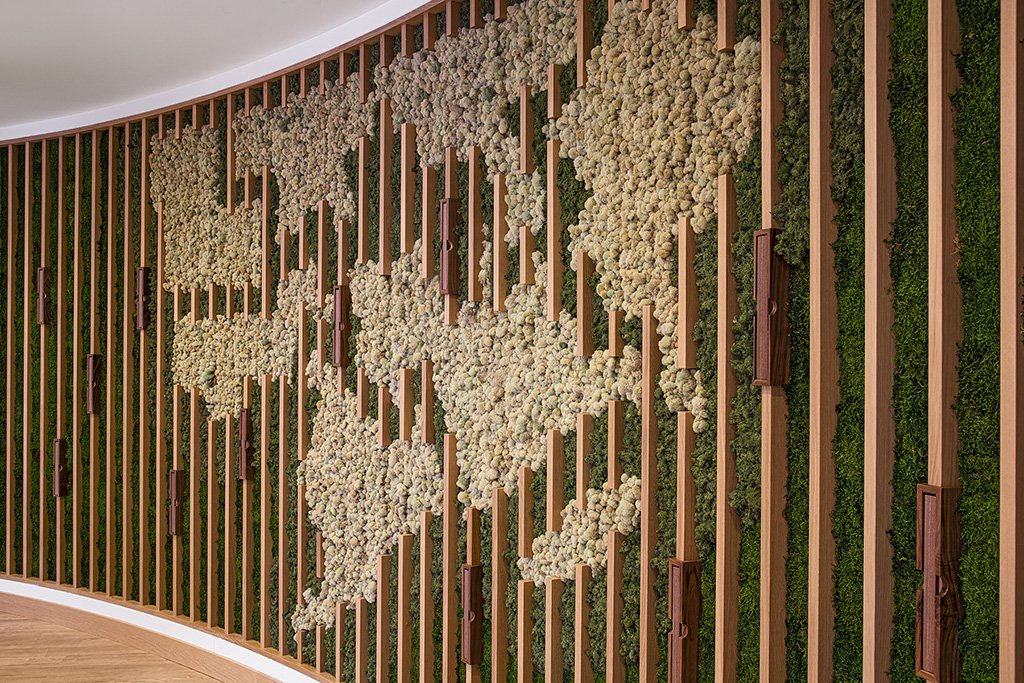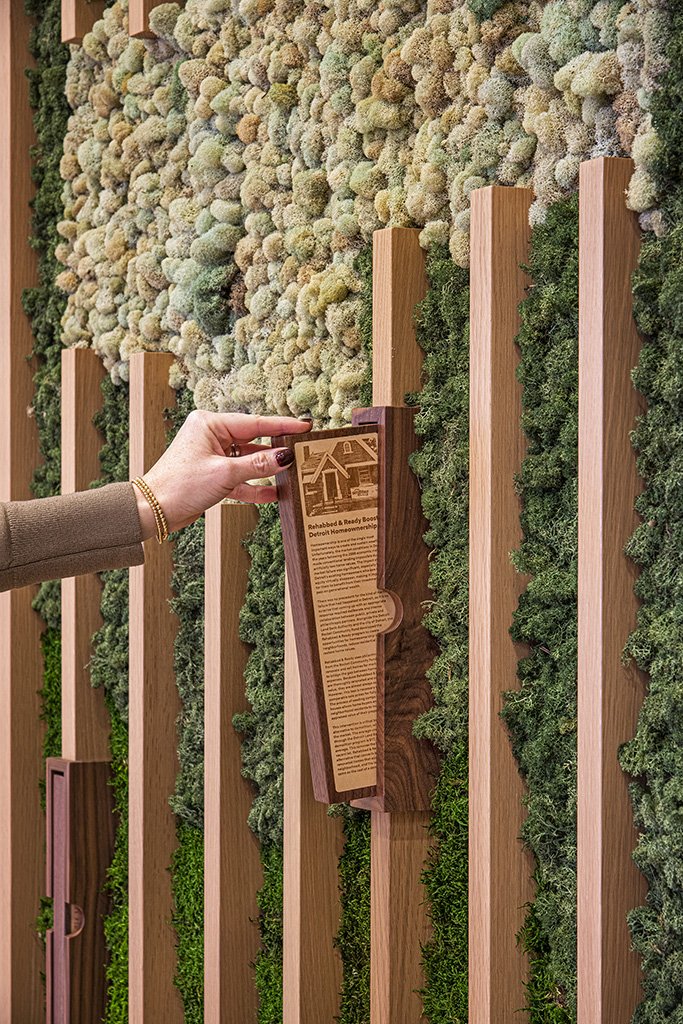Woodworkers: The Unsung Architects of Well-being
In a world dominated by concrete and steel, the craft of woodworking is quietly revolutionizing our spaces and well-being. At the heart of this transformation is the concept of 'Biophilia,' a term popularized by American biologist E.O. Wilson, which refers to the innate human affinity for nature. In their subtle yet profound way, Woodworkers are becoming pivotal in bringing this concept to life, crafting spaces that reconnect us with the natural world.
Understanding Biophilia: Nature's Embrace in Our Lives
Biophilia suggests that humans inherently desire to connect with nature and natural processes. This connection goes beyond aesthetic preferences, touching on deep psychological needs. Incorporating natural elements like wood in our living and working spaces is not just a design choice; it's a health and well-being imperative. Research has shown that environments with natural features can reduce stress, enhance creativity and clarity of thought, and improve overall well-being.
Woodworkers: Custodians of the Natural World
Woodworkers, artisans who skillfully shape and mold wood, play a crucial role in biophilic design. They create beautiful, psychologically and emotionally nurturing environments by bringing the warmth, texture, and essence of the outdoors inside. From bespoke furniture to intricate interior details, the touch of a woodworker is often the bridge between the built environment and the natural world. Maria Montessori built an entirely new learning that surrounded young students with elements of nature, including wood pictures and wood toys. There are a range of meaningful physiological and psychological benefits of being in a space with wood products and surfaces:
Lowered blood pressure and lowered heart rate
Increased activation of the parasympathetic nervous system/calming
Perception of warmth
Expressed visual preference for the space
Wood is perceived to be connected to living things
Crafting Spaces of Serenity and Productivity
The application of biophilic principles by woodworkers can be transformative. In residential settings, handcrafted wooden furniture and fittings can turn homes into sanctuaries of calm and comfort. In the workplace, biophilic elements like wooden panels, planters, and artisanal furniture can create an atmosphere conducive to productivity and creativity. Educational spaces imbued with natural woodwork can enhance learning and concentration. The principle of of the restorative properties of wood has mostly been anecdotal, until recently. There has been an emergence of scientific studies that prove the use of wood in interior spaces reduces stress and creates a more productive working and learning environment. A 2010 study from the University of British Columbia tested stress reduction in wood interiors by measuring the two branches of the autonomic nervous system responsible for human stress responses. More research can be found here.
Sustainability: The Ethical Backbone of Biophilic Woodworking
A significant aspect of biophilic woodworking is sustainability. Responsible woodworkers source their materials ethically, often using reclaimed or sustainably harvested wood. This practice ensures a minimal environmental footprint and adds a layer of story and character to their creations. Each piece of furniture or woodwork is not just an object of utility or beauty but a testament to ecological mindfulness. We will dive deeper into healthy forest management and sustainability in another blog post.
The Future of Biophilic Design
As the world grapples with urban stress and environmental disconnection, the role of woodworkers in shaping our living environments becomes more significant. By embracing biophilic principles, woodworkers create products and shape experiences and environments that foster health, happiness, and a profound connection with the natural world.
In conclusion, as modern-day architects of well-being, woodworkers are at the forefront of a movement that redefines our relationship with our spaces. Through their craft, they remind us of our intrinsic bond with nature. This bond is vital for our physical, emotional, and psychological health.
The Moss Wall is located in Detroit, Michigan. Built by SBWI employer partners Mod Interiors of Ira Township, Michigan
More resources:
https://www.naturallywood.com/resource/biophilia-the-nature-of-wood/
Click Here for all Classes with Luke Barnett
What to Expect during a Windsor Chair Course
See our course photos at Instagram or Facebook
Learn more about Luke Barnett
View Luke’s website BarnettChairs.com


